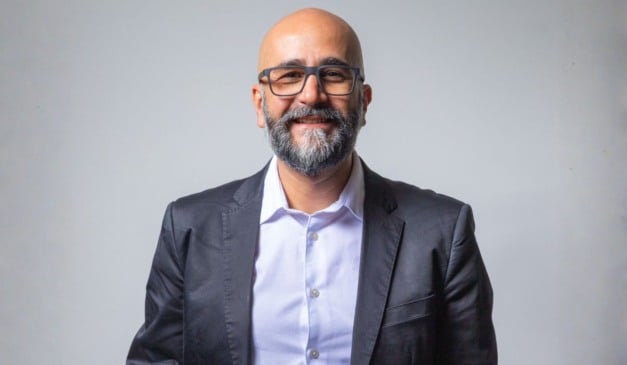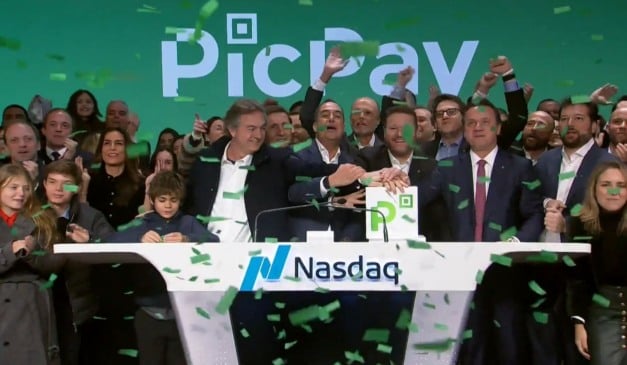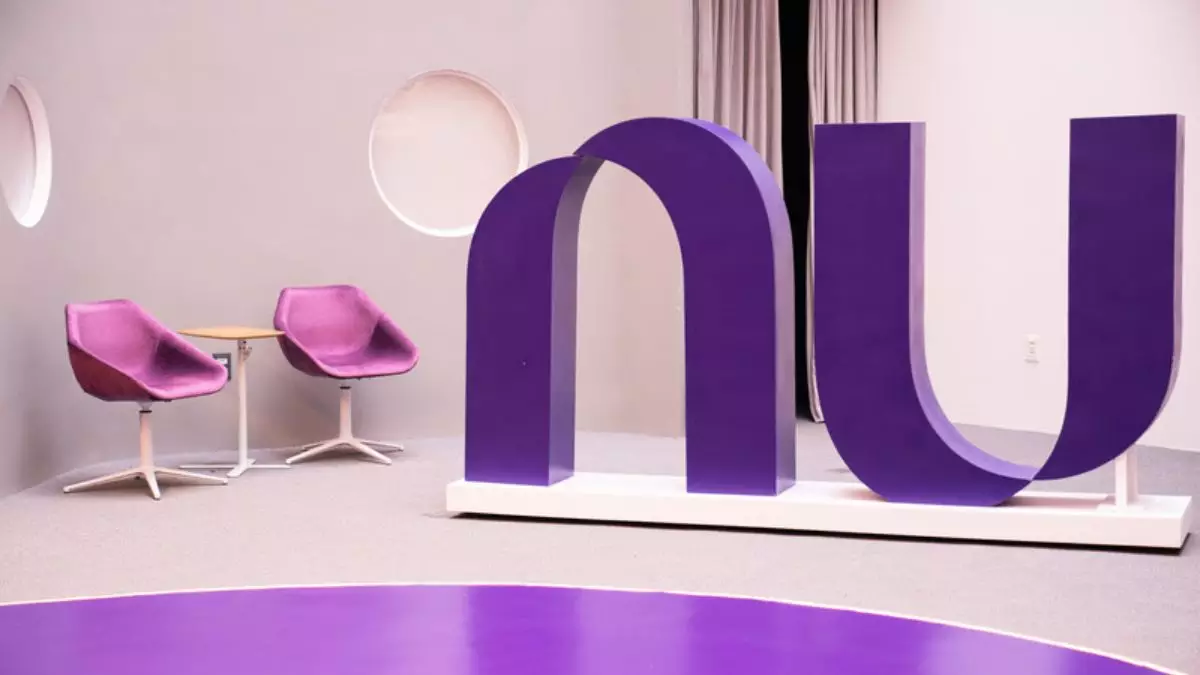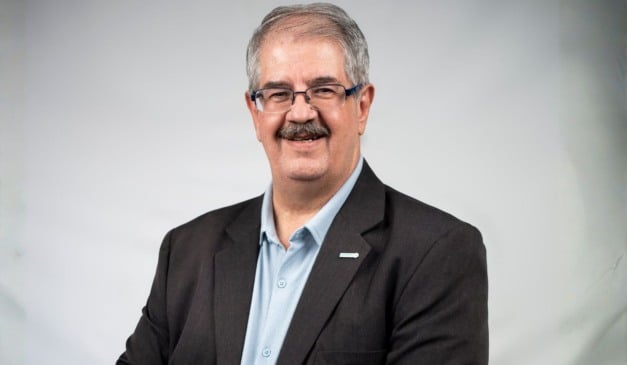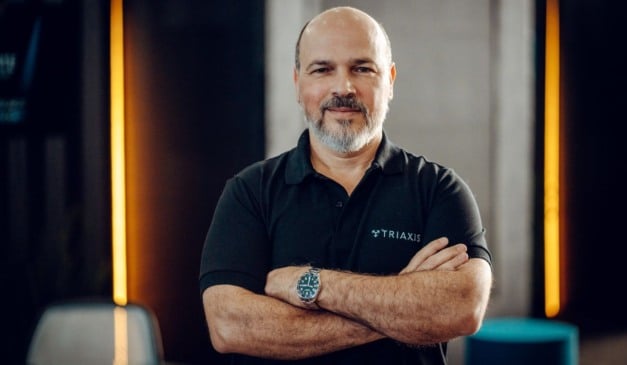
Nomah and Casai have just confirmed what the market had been anticipating over the last few weeks. The proptechs announced today (18) a definitive agreement to merge their operations. Focusing on short-term rentals, the new company has more than 3,000 units between Mexico and Brazil and around 200,000 guests.
Rumors of the merger began at the end of July, when Bloomberg Línea found that Casai, a Mexican short-term hosting startup, had laid off at least 60 employees in Brazil – about 30% of its workforce of 200 employees – and 20 more staff in Mexico.
“Like all startups, we were considering various options [to ensure] the sustainability of our business,” said Nico Barawid, founder and CEO of Casai, in an interview with Startups. According to the executive, conversations with Nomah began in recent months. “The teams have always had a respect for each other, but the [merger] discussions started as we realized the size of the opportunity,” he added.
The executive confirms that there were layoffs at Casai – in fact, he speaks of “restructuring”, although he does not reveal the number of employees who have been laid off. “We did a restructuring exercise a few weeks ago, looking for ways for our product to continue to exist. So that we could continue serving our guests and ensure that we have the best experience in Mexico and Brazil,” he points out.
Nomah, a company owned by real estate unicorn Loft, specializes in flexible leasing of luxury apartments and also had to streamline operations in light of the current market situation. “[The layoffs] had nothing to do with the M&A. We are seeing a change of mentality in the market, with a focus on [financial] margins”, says Thomaz Guz, founder and CEO of proptech. Two weeks ago, LinkedIn News reported that Nomah laid off around 30 people – 19% of its team.
Before these recent movements, the company would have ruled out the possibility of cuts in a conversation with employees. But according to Guz, the “restructuring” of Nomah was carried out after 3 months of planning. “What basically happened was that the macroeconomic market has completely changed and it’s normal to have to adapt like all other startups do,” he said.
In July, when Bloomberg found out about the merger of proptechs, the expectation was that new layoffs would take place in the coming months to reduce team redundancies. When asked about this possibility, the founder of Casai didn’t give a straight answer. “We are looking at consolidation and seeing what it means for the company’s future sustainability. We are looking at where teams complement each other and how we can build a greater future,” he pointed out.
The new company
Initially, Casai and Nomah will retain their brands and it is not yet known which name will prevail after the merger. “We have two different operations that will continue to exist [at least for now]. And during the next 6 months we will do all the integration work”, Guz said.
In terms of leadership, Guz will be named president of the company and Nico Barawid will be the CEO. Last month, Bloomberg found that, with the merger, Guz would leave the company within six months. The executives say they still don’t know if both will continue in the business after the merger.
“I’m very comfortable [with the decision] and I completely trust Nico’s management,” Guz said. He added that the executives are partners and that both have stakes in the business. “We have a long-term relationship and commitment to the company, and we are very well aligned,” he pointed out.
Since 2020, Nomah has been part of the Loft ecosystem, which has also reduced its workforce in a second round of layoffs, letting go 12% of its workforce of 3,200 staff. With the merger between Casai and Nomah, Loft gains an undisclosed stake in the combined company. The real estate buying and selling unicorn will also make an additional contribution, accompanied by already investors Andreessen Horowitz and Monashees.
The new company will offer stock options to all employees. The decision, according to the partners, was made so that employees feel they are the owners of the business.


